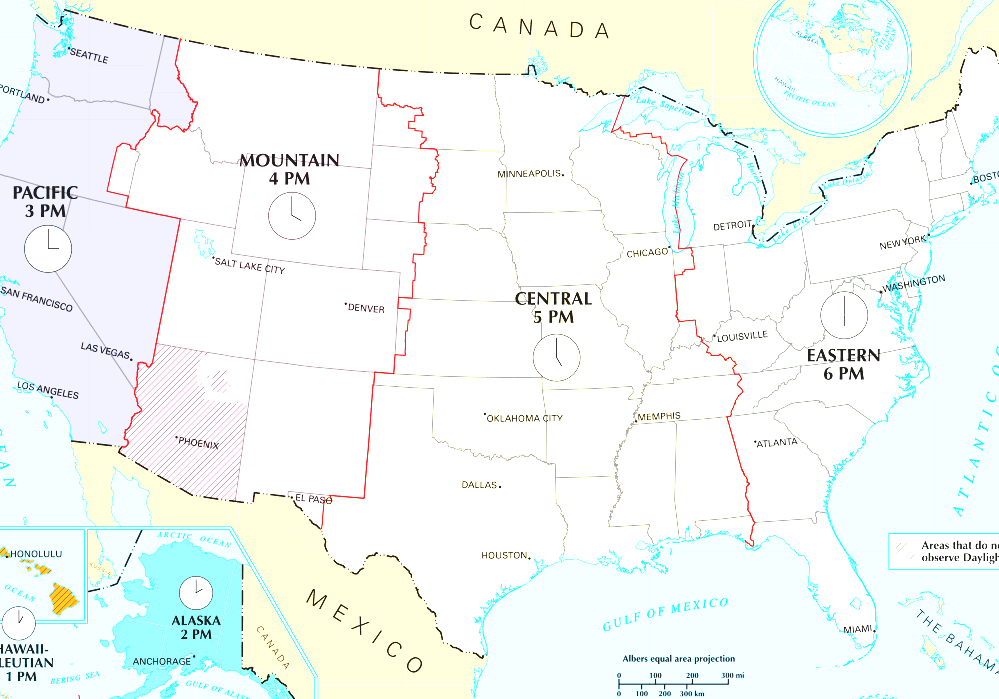North Carolina is a state rich in culture, history, and diversity, but one aspect that often goes unnoticed is its time zone. Understanding the time zone in North Carolina is crucial for residents, travelers, and businesses alike. This article will explore the details of North Carolina's time zone, its implications, and how it compares to other regions in the United States. By the end of this article, you will have a comprehensive understanding of North Carolina's time zone, which will help you navigate your schedule more effectively.
North Carolina is primarily located in the Eastern Time Zone (ET), which is UTC-5 during Standard Time and UTC-4 during Daylight Saving Time. This means that when it's noon in North Carolina during Standard Time, it is 5 PM in London, England. As we delve deeper into this topic, we will examine the historical context of time zones, how Daylight Saving Time affects North Carolina, and the importance of time zones in our daily lives.
In addition, we will provide practical tips for managing time zone differences, especially for those who may be traveling to or from North Carolina. Whether you are a local resident, a businessperson, or a tourist, understanding how time zones work can enhance your experience and efficiency. Let's dive into the world of time zones in North Carolina!
Table of Contents
- History of Time Zones in North Carolina
- Current Time Zone
- Daylight Saving Time in North Carolina
- Time Zone Conversion
- Importance of Time Zones
- Time Zone and Business Operations
- Managing Time Zone Differences
- Conclusion
History of Time Zones in North Carolina
The concept of time zones was first proposed in the late 19th century, primarily to standardize timekeeping across railroads. Before this, local solar time was used, which varied from one location to another. In 1883, the United States adopted four standard time zones, and North Carolina fell under the Eastern Time Zone.
Historically, the transition to standardized time zones was met with resistance, but it became essential as communication and transportation advanced. North Carolina officially adopted Eastern Standard Time (EST) as its standard time zone, aligning with the majority of the East Coast states.
Current Time Zone
North Carolina is currently in the Eastern Time Zone (ET). Here are the specifics:
- Standard Time: UTC-5
- Daylight Saving Time: UTC-4
This time zone is used by a significant portion of the eastern United States, making it one of the most populous time zones in the country.
Time Zone Map of North Carolina
To visualize the time zone in North Carolina, refer to the following time zone map:
Daylight Saving Time in North Carolina
Daylight Saving Time (DST) is observed in North Carolina, starting on the second Sunday in March and ending on the first Sunday in November. During this period, clocks are set forward by one hour. Here are some key points regarding DST in North Carolina:
- Begins: Second Sunday in March
- Ends: First Sunday in November
- Impact: Longer daylight in the evenings
The practice of DST aims to make better use of daylight during the longer days of summer, reducing the need for artificial lighting and conserving energy.
Time Zone Conversion
For those traveling to or from North Carolina, understanding time zone conversion is essential. Here’s a quick reference for converting North Carolina time to other time zones:
- Pacific Time (PT): UTC-8 (Standard) / UTC-7 (DST)
- Mountain Time (MT): UTC-7 (Standard) / UTC-6 (DST)
- Central Time (CT): UTC-6 (Standard) / UTC-5 (DST)
- Eastern Time (ET): UTC-5 (Standard) / UTC-4 (DST)
For example, if it is 3 PM in North Carolina (ET), it will be 12 PM in California (PT) during Standard Time.
Importance of Time Zones
Time zones play a crucial role in our daily lives, influencing everything from business operations to travel schedules. Here are some reasons why understanding time zones is important:
- Coordination of Events: Scheduling meetings or events across different time zones requires an understanding of the time differences.
- Travel Planning: Knowing the time zone of your destination helps in planning your travel itinerary and adjusting to local time upon arrival.
- Business Operations: Companies often operate in multiple time zones, making it vital to coordinate activities efficiently.
Time Zone and Business Operations
For businesses operating in North Carolina, understanding the local time zone is crucial for effective communication and collaboration. Here are some pointers:
- Scheduling Meetings: Always confirm the time zone when scheduling meetings with partners or clients in different regions.
- Marketing Campaigns: Adjust marketing strategies to account for different time zones, ensuring optimal engagement.
- Customer Service: Provide time zone information in customer service communications to avoid confusion.
Managing Time Zone Differences
Travelers and businesses can effectively manage time zone differences by following these tips:
- Use World Clocks: Utilize smartphone apps or online tools to keep track of different time zones.
- Adjust Gradually: When traveling, try to adjust your sleep schedule gradually to minimize jet lag.
- Communicate Clearly: When scheduling with others in different time zones, specify the time zone to avoid misunderstandings.
Conclusion
Understanding the time zone in North Carolina is essential for navigating daily life, whether you are a resident or a visitor. With its position in the Eastern Time Zone and the observance of Daylight Saving Time, staying informed about local time can enhance your scheduling and planning efforts. We encourage readers to share their experiences related to time zones and how they manage time differences in their lives.
For more insights and tips, leave a comment below or explore other articles on our website about travel, time management, and more!
Thank you for reading! We hope to see you back on our site for more informative content.


